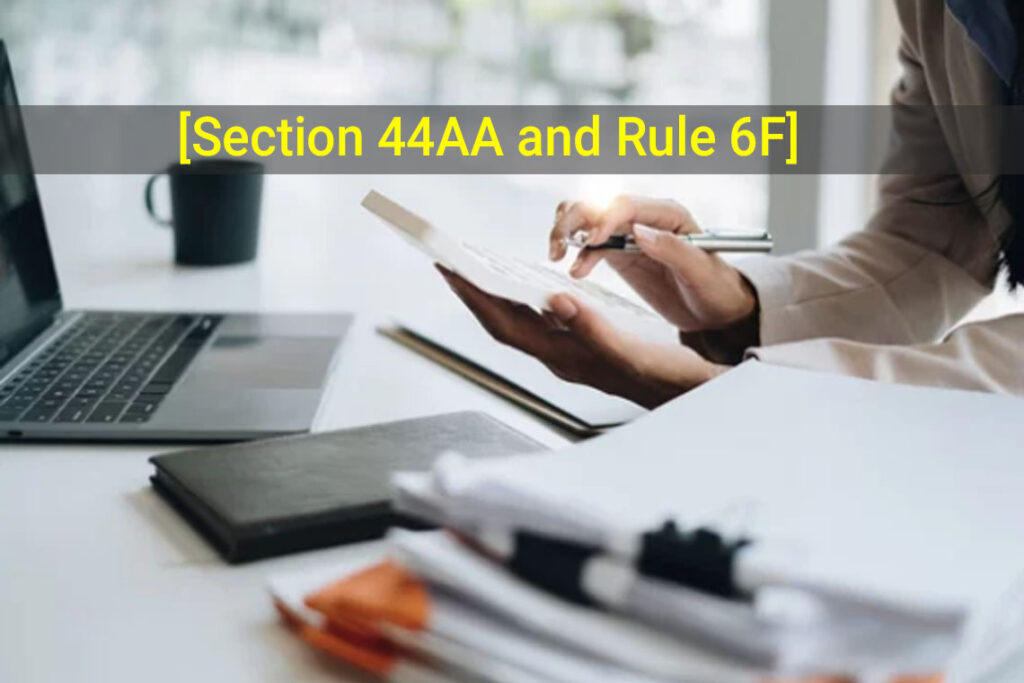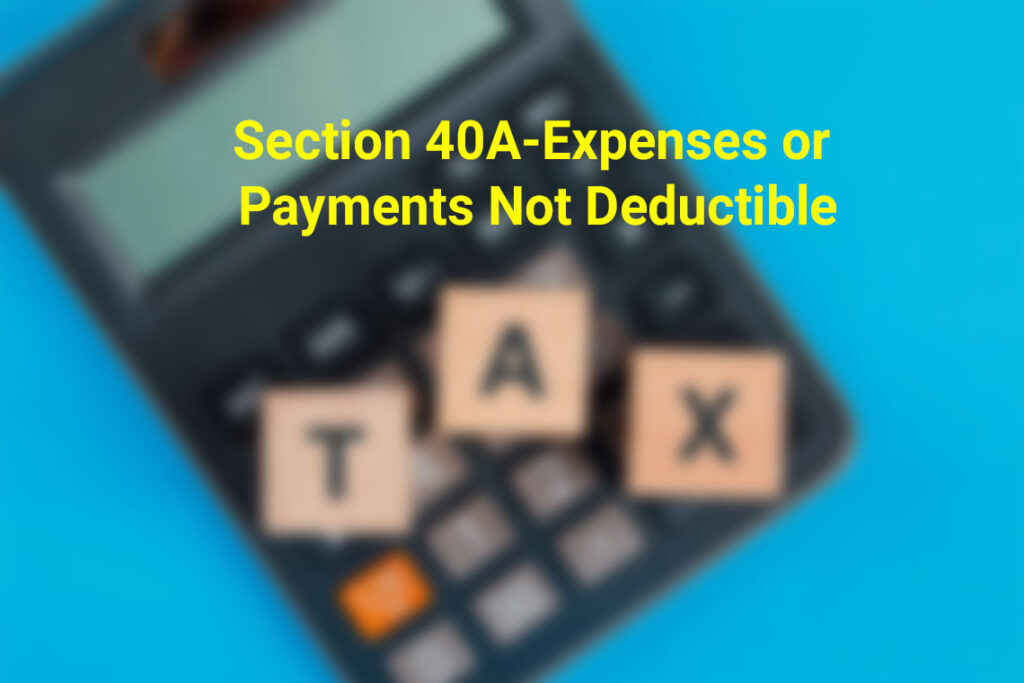Section 145 of the Income Tax Act, 1961 governs the method of accounting for computing taxable income under the heads “Profits and Gains of Business or Profession” (PGBP) and “Income from Other Sources.” It also introduces Income Computation and Disclosure Standards (ICDS), which standardize income computation for tax purposes.
1. Methods of Accounting [Section 145(1)]
Taxpayers must adopt one of the following methods for income computation:
| METHOD | DESCRIPTION | APPLICABILITY |
| Cash System | Income/expenses recorded only when cash is received/paid. | Simple but less accurate; not recognized under the Companies Act. |
| Mercantile System | Income/expenses recorded when accrued (due), regardless of cash flow. | Mandatory for companies; more accurate and widely accepted. |
Key Points:
✅ No mixed method allowed – Taxpayers must consistently follow either cash or mercantile.
✅ If the Assessing Officer (AO) finds the method incorrect or incomplete, they can compute income as per Section 144 (Best Judgment Assessment).
2. Income Computation and Disclosure Standards (ICDS) [Section 145(2)]
The Central Government notifies ICDS to ensure uniformity in income computation.
(A) Key Features of ICDS
- Applicability: Mandatory for taxpayers under PGBPand Other Sources (unless exempt).
- Conflict Rule: If ICDS conflicts with the Income Tax Act, the Act prevails.
- Not applicable for:
- Minimum Alternate Tax (MAT)
- Individuals/HUFs not requiring audit under Section 44AB.
(B) Notified ICDS (10 Standards)
- ICDS-I: Disclosure of Accounting Policies
- ICDS-II: Valuation of Inventories (Lower of Cost or NRV)
- ICDS-III: Construction Contracts
- ICDS-IV: Revenue Recognition
- ICDS-V: Tangible Fixed Assets
- ICDS-VI: Foreign Exchange Rates
- ICDS-VII: Government Grants
- ICDS-VIII: Securities Valuation
- ICDS-IX: Borrowing Costs
- ICDS-X: Provisions & Contingent Liabilities
3. Special Provisions [Section 145A & 145B]
(A) Section 145A – Valuation of Inventories & Purchases
- Inventory valuation: Lower of cost or Net Realizable Value (NRV).
- Adjustments: Include taxes, duties, and feesin inventory cost .
- Securities valuation:
- Listed securities: Lower of cost or NRV.
- Unlisted securities: Valued at actual cost.
(B) Section 145B – Taxability of Certain Incomes
- Interest on compensation: Taxable in the year of receipt .
- Export incentives: Taxable when realization is certain.
- Subsidies/grants: Taxable when receivedif not taxed earlier .
4. Consequences of Non-Compliance
- Books Rejection: If AO finds accounts incorrect/incomplete, they can reject books under Section 145(3).
- Penalties:
- Up to ₹25,000for non-compliance with ICDS .
- Up to ₹1,50,000if books are not maintained for 6+ years .


![Compulsory Tax Audit of Accounts [Section 44AB]](https://incometaxmanagement.in/wp-content/uploads/2023/09/Compulsory-Tax-Audit-of-Accounts-Section-44AB-1024x683.jpg)





![General Deductions [Section 37(1)]](https://incometaxmanagement.in/wp-content/uploads/2023/09/General-Deductions-Section-371-1024x683.jpg)

